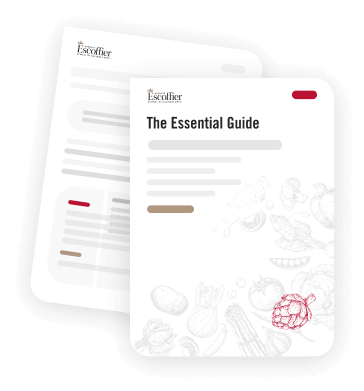Diet Drinks Could Cause Weight Gain

We get it, being a student can be hard, especially if you are also working a job like many students attending an online culinary school. Sometimes you just need a little caffeine to bridge the gap between the end of your shift and the start of a study session. However, for students who aren’t fans of coffee, that burst of energy often comes in the form of a caffeinated soda. Since culinary academy has likely made you a bit health conscious, you probably are reaching for diet sodas to limit your calorie count. However, before you pop open a can as you hit the books, you may want to be aware of what your caffeine fix is doing to you. Lately, studies have been finding that drinks with artificial sweeteners may actually cause consumers to gain weight rather than lose extra pounds despite being marketed as a “diet” drink.
Artificial sweeteners may be sabotaging your health
The journal Trends in Endocrinology and Metabolism has reported a review of studies on diet drinks and artificial sweeteners that indicates diet soda may have the same negative health associations as its fully sugared counterparts. Research is revealing that regular consumption of diet soda could lead to weight gain and the risk of developing conditions such as heart disease, metabolic syndrome or type 2 diabetes. This isn’t just for heavy consumers, either. As little as one diet soda a day can put you at risk for serious health problems.
The studies revealed that there is a strong connection with how artificial sweeteners react with the chemicals in your brain. Real sugar and artificial sweeteners register differently in the pleasure receptors of the brain, meaning that the fake sugar flavors may not be able to effectively satisfy a sweet tooth and cause an overindulgence of foods teeming with calories.
What does this mean for your caffeine fix?
If you aren’t ready to give up caffeinated drinks to make it through work and online cooking courses, try switching to a healthier substitution. A diet cola typically contains between 25 to 43 mg of caffeine. To get the same effect, you can easily switch to brewing yourself a hot cup of green tea which typically contains between 25 and 45 milligrams of caffeine. Want to up your game after a particularly long day of work? Heat up some black tea, which contains 43 to 60 milligrams of caffeine instead of choosing a larger soda size.
If you like this post, please be sure to check out the following!
Shaq Gets A New Soda Line
Marin Country Announces Summer Soda Ban
